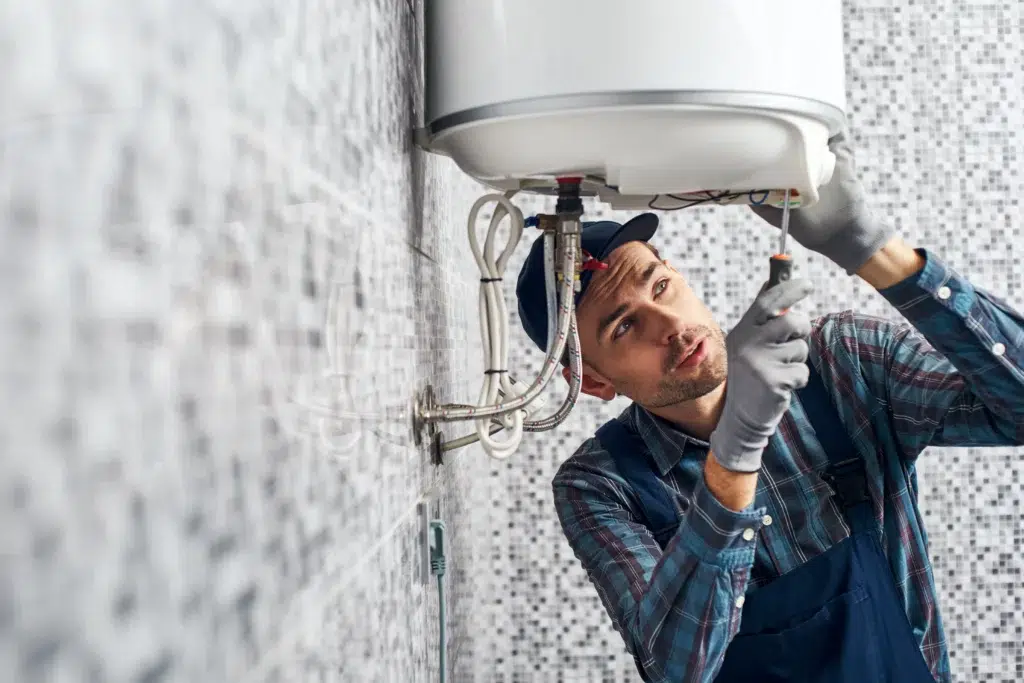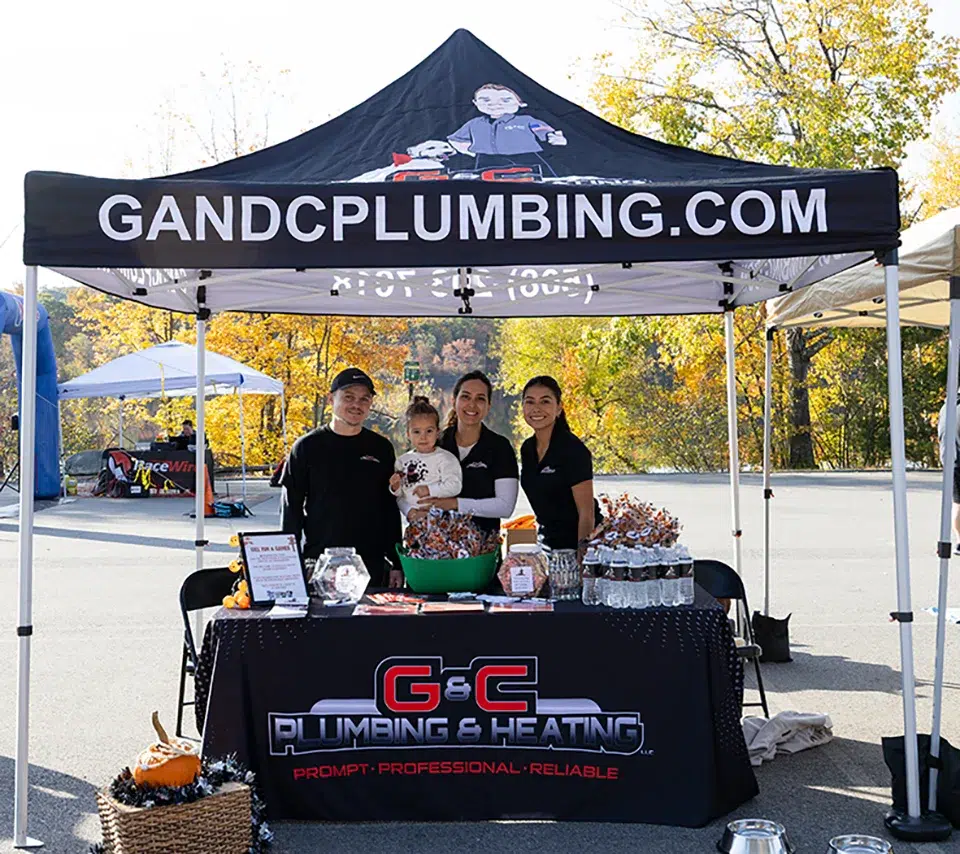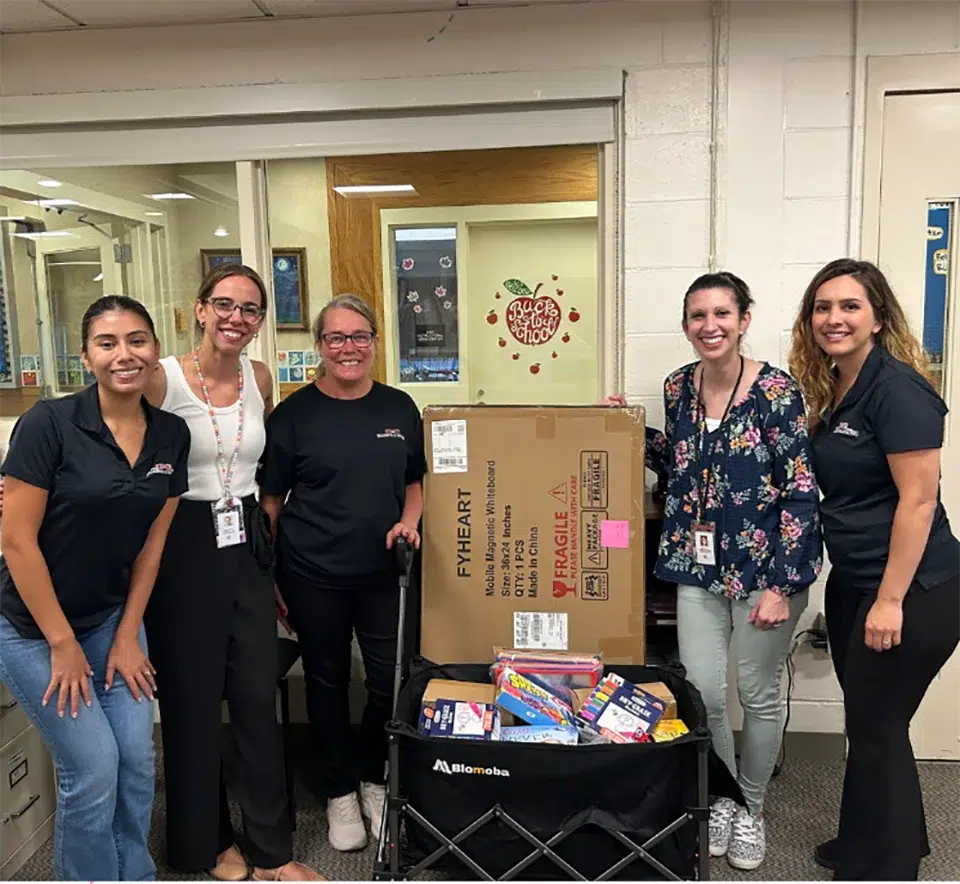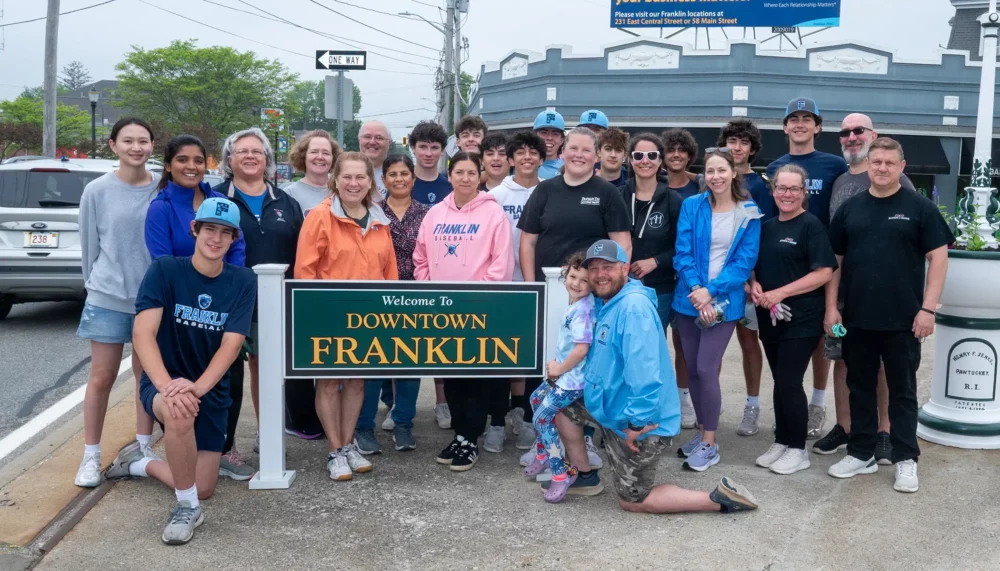
A water heater is a big investment in your home. You wouldn’t buy a car or make another big purchase without learning a bit more about it – and the same goes for water heaters! So in this water heater buyers guide, we’ll take a look at some of the basics you should know about buying a new water heater. Let’s get started.
Common Types Of Water Heater – Your Options
Let’s start with the basics, and discuss the top 3 most common types of water heater available.
- Storage tank water heater (electric or gas) – This is the hot water tank you’re likely familiar with. Using an electric or gas water heater, a volume of water is heated and stored in the tank – then dispensed whenever you use hot water in your home. They’re affordable, but take a long time to refill after use, so it’s very important to get a properly-sized tank to avoid running out of hot water.
- Tankless, on-demand water heaters – Tankless water heaters don’t have a storage tank. Instead, whenever you turn on an appliance that uses hot water, a powerful gas or electric heater turns on, heating the water to the required temperature almost instantly. Unlike tank-based water heaters, these heaters will never run out of hot water. They also are more energy-efficient, since hot water does not have to be stored when it’s not being used. However, they’re more expensive. And, since the overall hot water flow rate is usually lower than a tank-based heater, they can struggle if you are running a lot of appliances that are using hot water simultaneously – such as a shower, sink, dishwasher, and washing machine.
- Heat pump water heaters (hybrid) – Heat pumps sort of work like a refrigerator, but in reverse. They take in air from around them, and move the heat from the air into the water. They’re up to 2-3x more efficient than standard electric tank-based water heaters. However, they are quite expensive, and have very strict operating requirements, such as a room that remains between 40-90ºF year-round and required space around the tank.
Is Your Water Heater Enough For A Family Of 4? Recommended Flow Rate and Tank Storage
It’s important to choose a water heater that will supply enough hot water for your day-to-day tasks. If your new water heater is too small, you and your family may frequently run out of hot water, even when doing normal things like showering, doing dishes, and doing laundry. Let’s discuss recommended capacity now.
- FHM (First Hour Rating) for tank-based water heaters – Most tank-based water heaters can hold 40-55 gallons or more. The size you should buy depends on your peak water usage. For example, if you often have multiple people showering at the same time, or you often do dishes and laundry simultaneously, you will need a higher tank capacity. This guide from Energy Saver will help you determine how much tank capacity you need. An important concept for tank-based water heaters is FHM, or First-Hour Rating. This refers to how much water is stored in the tank – and how much more water can be heated in an hour. For example, a tank that stores 55 gallons and can heat 10 more gallons in an hour would have an FHM of 65. As long as you do not exceed the FHM, you will not run out of hot water.
- GPM (Gallons Per Minute) for tankless water heaters – If you opt for a tankless heater, there is no storage tank to hold any hot water. It’s heated up on demand. So how can you determine what capacity you need? By understanding GPM (gallons per minute). This number lets you know how much water the heater can heat in a single minute. A rating of 5 GPM, for example, means you will never run out of hot water as long as you do not exceed 5 gallons of hot water usage per minute. The more water you use (big family, multiple bathrooms) the higher the GPM you’ll need. Taking a shower, for example, usually uses 2.5 GPM. A bathroom faucet may use 1.5 GPM, and standard laundry machines and dishwashers usually use between 1.5-2.5 GPM. A family of 4 with high water usage may need a 10 GPM tankless heater – while a couple living alone with lower usage could make do with a 5 GPM heater. It all depends on your particular needs.
Need More Help? Work With Reputable Plumbing Companies To Learn About Your Options!
If you’re still not sure what size or type of water heater may be right for you, a local plumber can help. By taking your family size, water usage, and other information into account, your plumber can recommend a tankless or tank-based water heater that may be right for your needs.
So get started now, and make sure you and your family never have to worry about running out of hot water again!
Call (508) 966-8919













